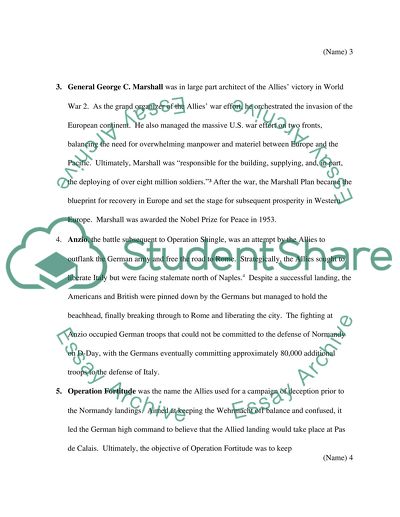Cite this document
(“Short Answers 1. ULTRA 2. Marshall Gregori Zhukov 3.General George C Essay”, n.d.)
Retrieved from https://studentshare.org/environmental-studies/1408888-short-answers
Retrieved from https://studentshare.org/environmental-studies/1408888-short-answers
(Short Answers 1. ULTRA 2. Marshall Gregori Zhukov 3.General George C Essay)
https://studentshare.org/environmental-studies/1408888-short-answers.
https://studentshare.org/environmental-studies/1408888-short-answers.
“Short Answers 1. ULTRA 2. Marshall Gregori Zhukov 3.General George C Essay”, n.d. https://studentshare.org/environmental-studies/1408888-short-answers.


